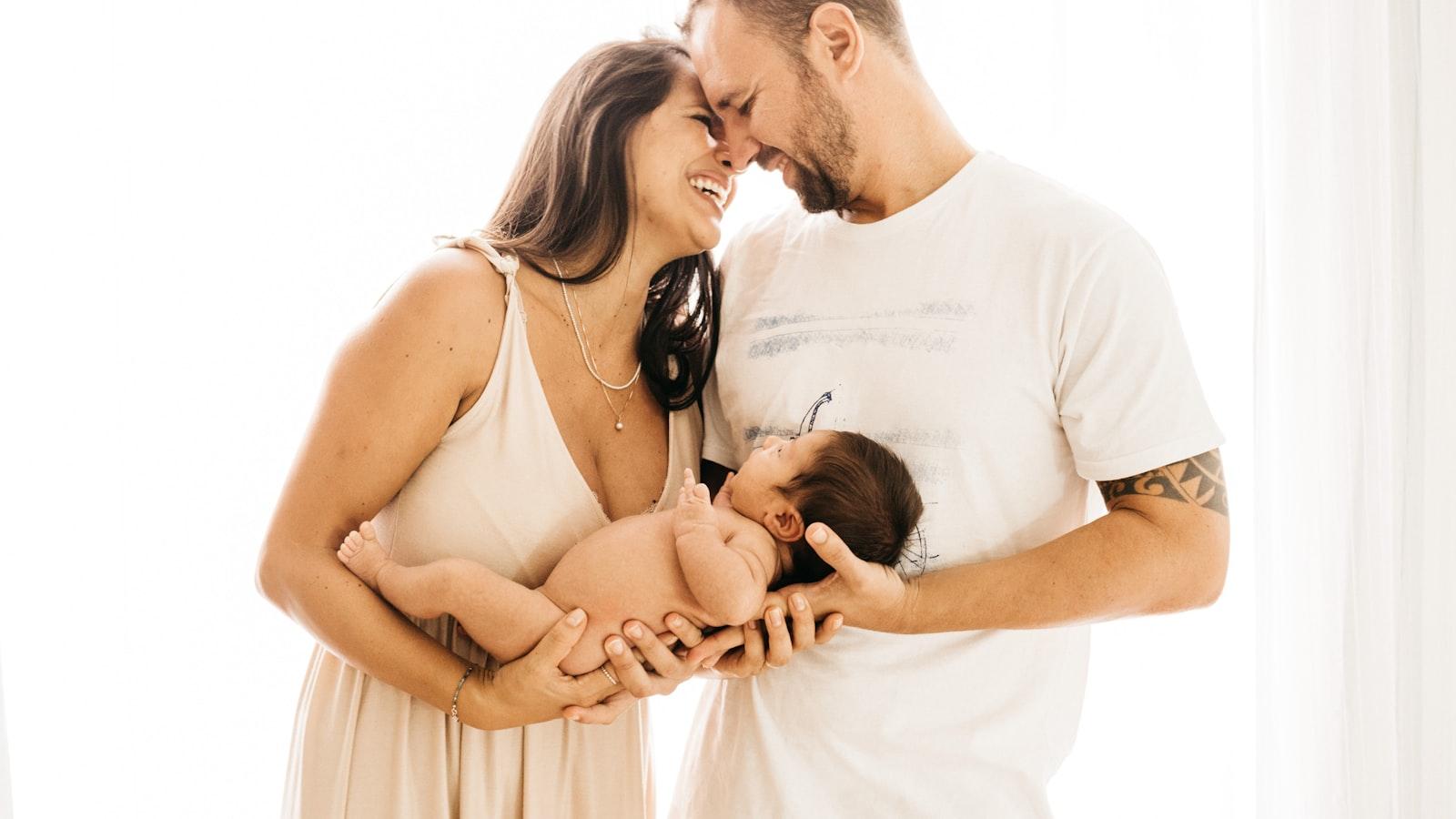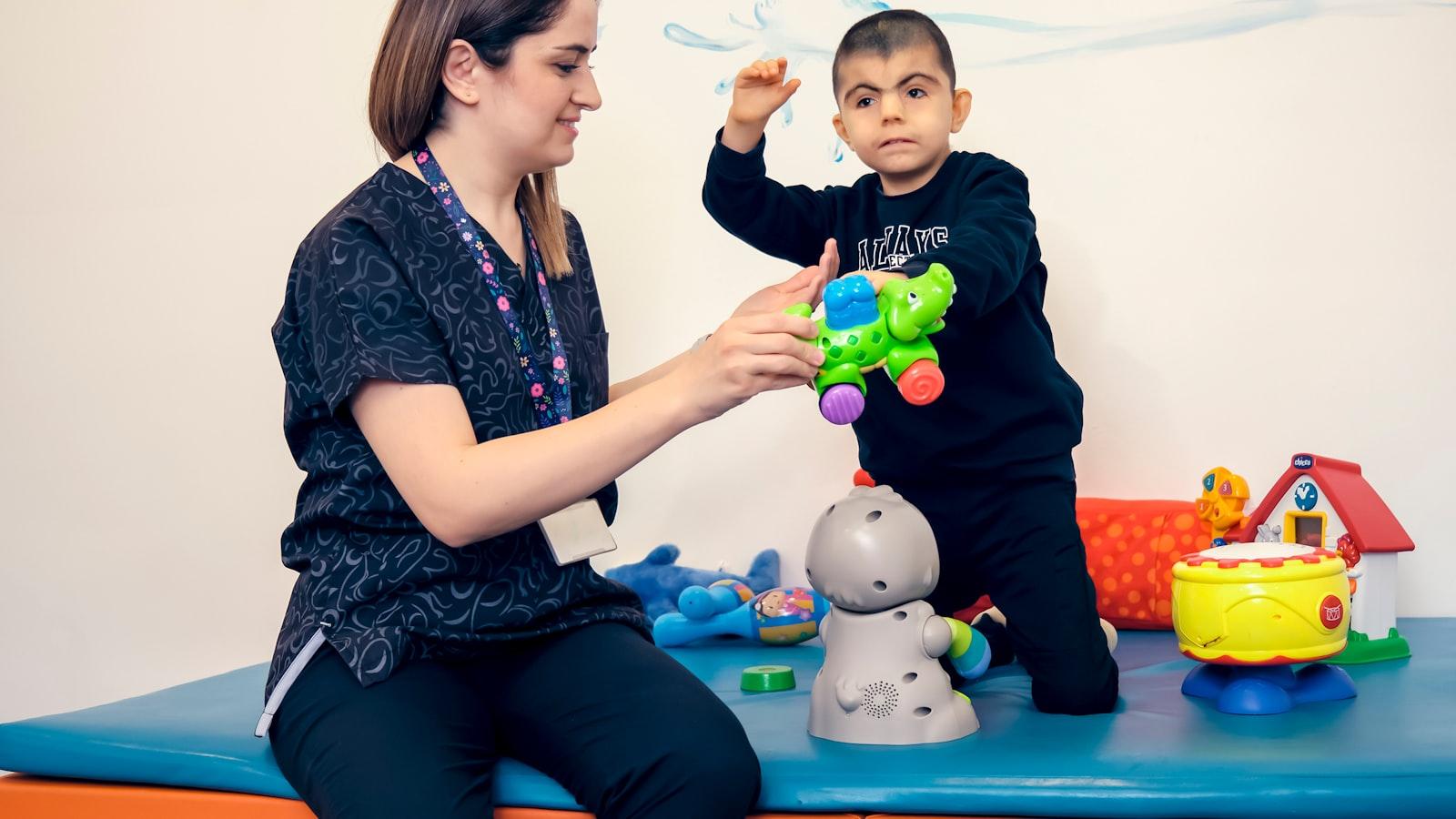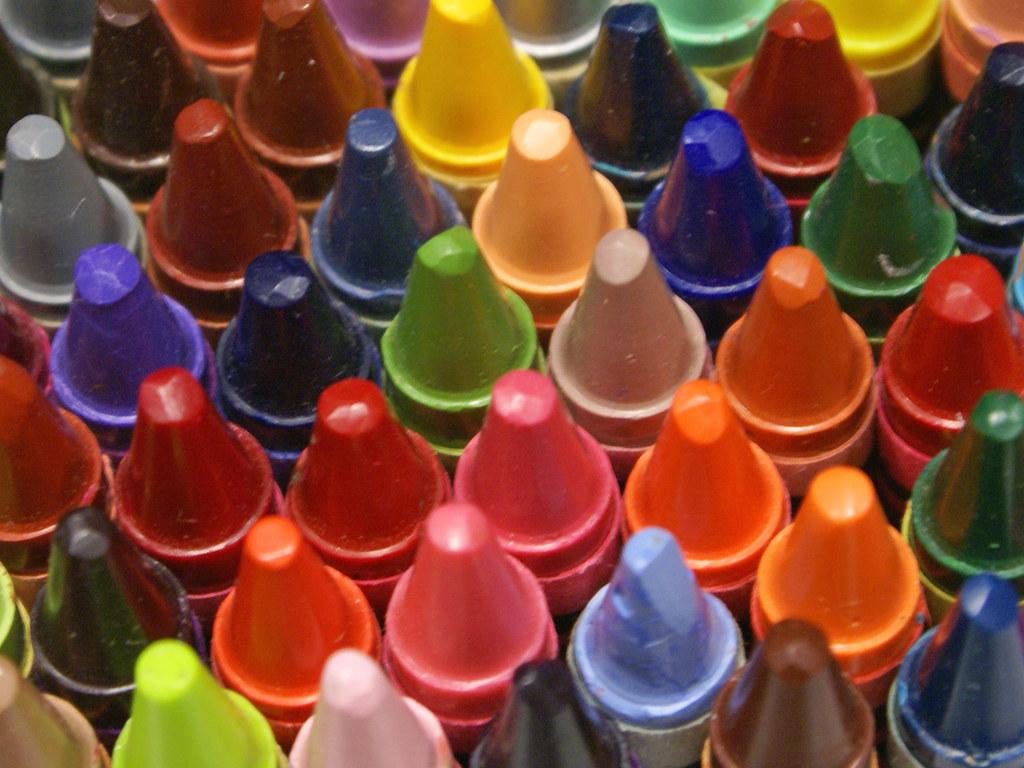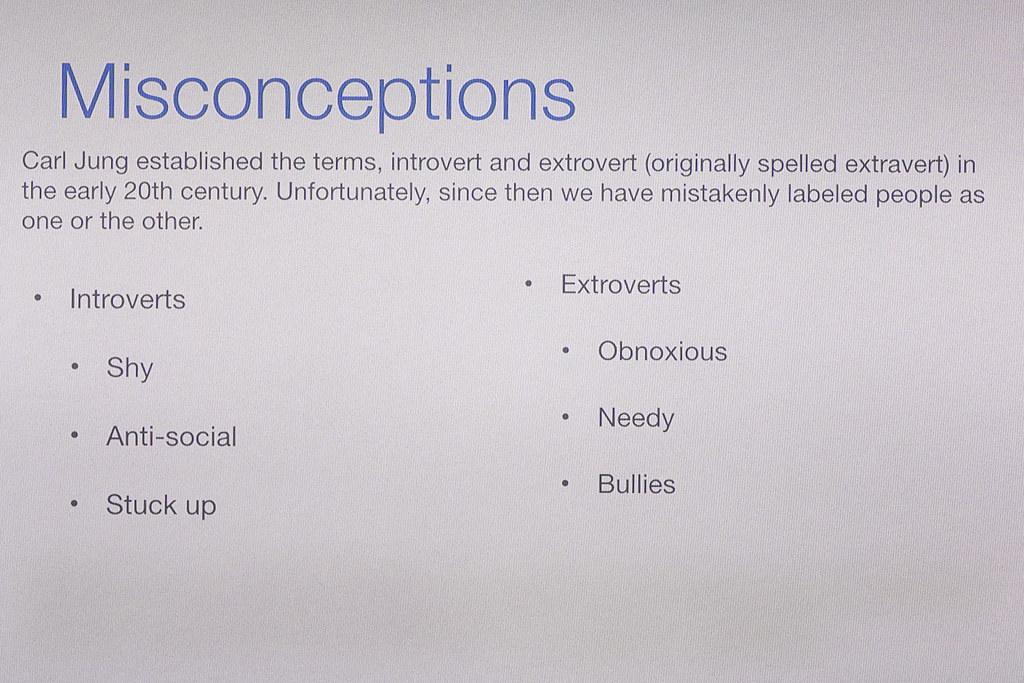Physical Address
304 North Cardinal St.
Dorchester Center, MA 02124
Physical Address
304 North Cardinal St.
Dorchester Center, MA 02124

When do babies say “mama” and “dada”? The answer to this common parenting question varies from child to child, but in general, most babies begin to vocalize these precious words around 6 to 12 months of age. As a father of four children, I have witnessed firsthand the joy and excitement that comes with hearing these first words from my little ones. Through my experience and research, I have gathered insights and recommendations to help guide parents through this special milestone in their baby’s development. So, let’s dive in and explore the fascinating world of when babies say ”mama” and “dada”.

When it comes to , one of the most anticipated moments for parents is hearing their little ones utter their first words. While every baby is unique and develops at their own pace, many parents eagerly await the moment when their babies say “mama” and “dada.” These milestone words hold a special place in a parent’s heart, signifying an important step in their child’s language development journey.
For many babies, saying “mama” and “dada” typically happens around 6 to 10 months of age. However, it’s important to remember that every baby is different, and some may start babbling these words earlier or later. As a father of four, I’ve witnessed each of my children reach this milestone at different times. While some of my kids said “mama” first, others started with ”dada.” It’s all part of the unique journey of parenting.
As a parent, it’s natural to be excited and eager for your baby to start talking. However, it’s essential to remember that speech development takes time. Babies go through various stages of babbling before they can form words. So, be patient and enjoy the process as your little one navigates the complexities of language acquisition.
Apart from “mama” and “dada,” babies will eventually start expanding their vocabulary by learning new words and sounds. Encourage your baby’s language development by talking to them, reading stories, and singing songs. Creating a language-rich environment will help your baby’s speech skills flourish.
In the ever-evolving world of parenting, every small milestone is worth celebrating. So, cherish the moment when your baby says “mama” or “dada” for the first time. It’s a beautiful reminder of the incredible journey of parenthood and the joy of watching your child grow and learn.
<img class=”gimage_class” src=”https://daddyempire.com/wp-content/uploads/2024/03/photo-1676497588927-ab7a16be37db.jpg” alt=”Factors Influencing When Babies Say “Mama” and “Dada””>
When babies say “Mama” and “Dada” is a major milestone that every parent eagerly anticipates. The timing of when this happens can vary from child to child, but there are several factors that can influence when your little one will utter those precious words. Let’s explore some key influences that play a role in when babies say “Mama” and “Dada.”
1. Bonding and Attachment: The emotional bond that your baby forms with you can play a significant role in when they start saying “Mama” and “Dada.” Babies often begin to mimic sounds that they hear frequently, so spending quality time with your little one can encourage them to start using these words.
2. Speech Development: Babies typically start saying simple words like “Mama” and “Dada” around 6 to 12 months of age as their speech and language skills begin to develop. Factors such as exposure to language and interactions with parents can impact how quickly they reach this milestone.
3. Mimicry: Babies are like little sponges, absorbing everything they hear and see. They may start saying “Mama” or “Dada” simply because they hear you saying those words often. Encouraging your baby to repeat these words in a playful and engaging manner can help reinforce their speech development.
4. Personal Preference: Some babies may show a preference for saying one parent’s name over the other. This can be influenced by various factors such as the parent’s level of involvement in caregiving, the tone of voice used, or even the baby’s unique personality traits.
5. Sibling Influence: If you have older siblings, they can also play a role in when your baby starts saying “Mama” and “Dada.” Hearing their older siblings say these words can prompt younger children to start using them as well.
In my experience as a father of four, I’ve seen how each of my children had their own unique timeline for when they started saying “Mama” and “Dada.” It’s a heartwarming moment that truly showcases their growing language skills and the strong bond we share as a family. Remember, every child is different, so try not to compare your baby’s progress to others. Just enjoy the journey and celebrate each milestone along the way.

Babies reaching their speech development milestones is an exciting journey filled with adorable babbling and eventually, those long-awaited first words. Many parents eagerly anticipate hearing their little ones say “mama” and “dada,” but when can you expect this major milestone to happen?
Patience is Key: While every baby is different, most babies typically say “mama” and “dada” between 6-12 months of age. However, don’t be alarmed if your little one takes a bit longer to verbalize these familiar words. Remember, each child develops at their own unique pace.
Encouraging Speech: As a father of four, I’ve found that engaging in interactive activities like reading books, singing songs, and making eye contact with your baby can help encourage speech development. Responding to your baby’s coos and babbling with enthusiasm can also show them the joy of communication.
Setting a Positive Atmosphere: Create a positive and encouraging environment for your baby to explore their vocal abilities. Celebrate each new sound and attempt at words, no matter how garbled they may sound. Positive reinforcement can go a long way in boosting your baby’s confidence.
Seeking Professional Help: If you have concerns about your baby’s speech development, don’t hesitate to seek advice from a pediatrician or a speech therapist. Early intervention can address any potential issues and help support your baby in reaching their speech milestones.
Remember, every baby is a unique individual: The journey of speech development is a remarkable process that unfolds differently for each child. Embrace the journey, celebrate the small victories, and cherish the precious moments of hearing your baby say “mama” and “dada” for the very first time. Your loving support and encouragement play a vital role in nurturing your baby’s blossoming communication skills.

Babies saying “mama” and ”dada” is a hallmark of early language development that parents eagerly anticipate. It’s a magical moment that often brings tears of joy to their eyes, but when exactly can you expect to hear those precious words? Let’s debunk some together!
Myth: Babies say “mama” first. Truth: While many parents believe that “mama” is the first word their baby will utter, it’s not always the case. Babies may actually say “dada” first, much to the delight of proud fathers everywhere. Every baby is unique, and their language development timeline may vary.
Myth: Babies should say “mama” and ”dada” by their first birthday. Truth: Language development is a complex process, and babies hit milestones at their own pace. While some babies may say these words by their first birthday, others may take a bit longer. Remember, every child is different, so don’t panic if your little one isn’t babbling “mama” and “dada” just yet.
Myth: Hearing “mama” and “dada” means babies understand the meaning of the words. Truth: Babies often babble “mama” and “dada” before fully grasping their meanings. It’s a part of their language practice and experimentation. As a parent, you can help reinforce the meaning of these words through repetition and association.
Myth: Saying “mama” and “dada” early means your baby is a language prodigy. Truth: Early babbling of these words is adorable but doesn’t necessarily indicate advanced language skills. Language development is a gradual process that involves multiple milestones beyond the initial babbling stage. Encourage your baby’s language skills with reading, talking, and interacting with them regularly.
As a father of four, I’ve experienced the joy of hearing my children say “mama” and “dada” for the first time. Each moment was special in its way, showcasing their unique personalities and development. Remember to cherish every step of your baby’s language journey, celebrating their milestones no matter when they occur. Language development is a beautiful journey filled with surprises and delights, so enjoy every babble and giggle along the way!
Q: When do babies usually say ”mama” and “dada”?
A: Babies typically start saying “mama” and “dada” around 6-9 months of age.
Q: Why do babies tend to say ”dada” first?
A: Some experts believe that babies say “dada” first because the “d” sound is easier for them to produce than the “m” sound.
Q: What can parents do to encourage their baby to say “mama” or “dada”?
A: Parents can repeat the words “mama” and ”dada” frequently to their baby, and engage in activities that encourage language development, such as reading and singing.
Q: Is it normal if my baby says “dada” or “mama” earlier or later than expected?
A: Yes, every baby develops at their own pace, so it’s completely normal if your baby says “dada” or “mama” earlier or later than expected.
Q: What other words can babies typically say after “mama” and “dada”?
A: After saying “mama” and “dada,” babies usually begin to say simple words like “hi,” “bye,” “no,” and “dog” before expanding their vocabulary further.
In conclusion, the age at which babies start saying “mama” and “dada” can vary greatly from one child to the next. While some babies may start as early as 6 months, others may take longer to develop their language skills. Remember, every child is unique and will reach milestones at their own pace. Be patient and supportive as your little one navigates the exciting world of language development. And before you know it, you’ll be hearing those sweet words “mama” and “dada” with joy and pride. Happy parenting!